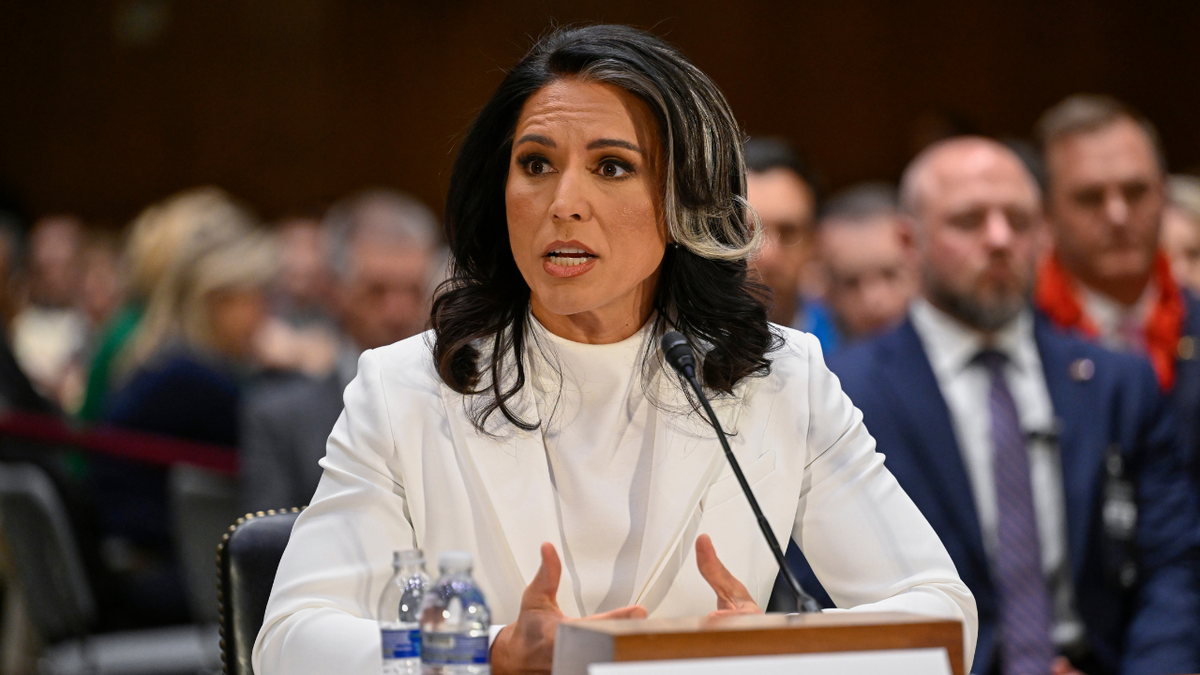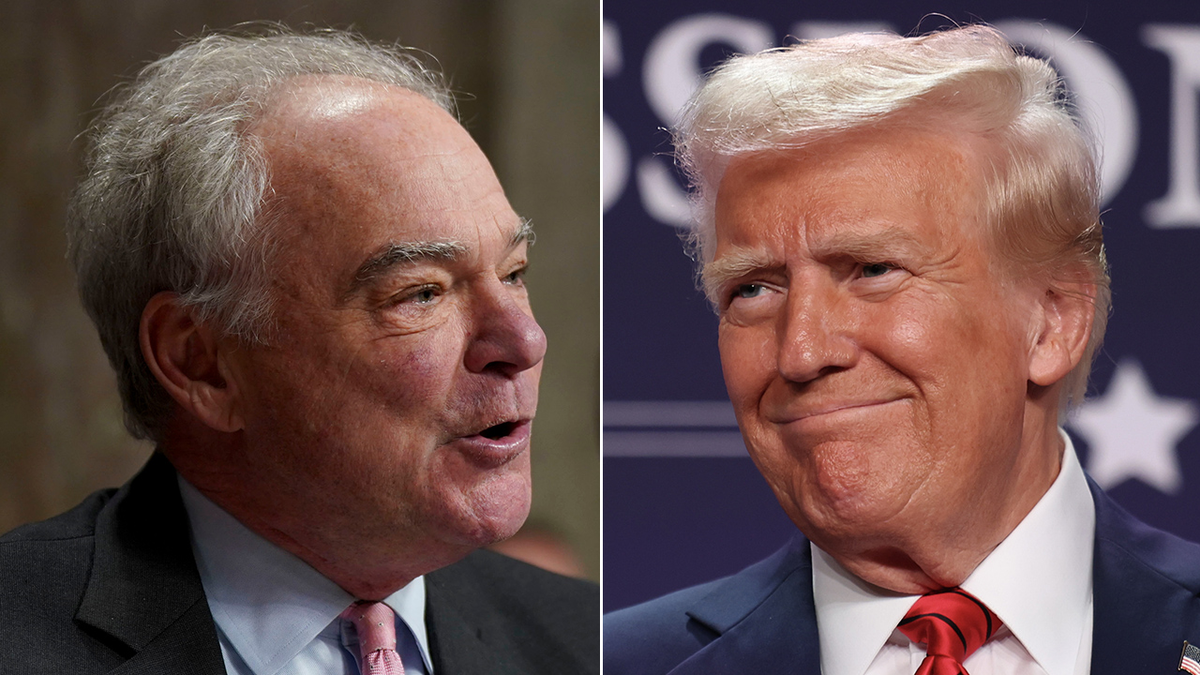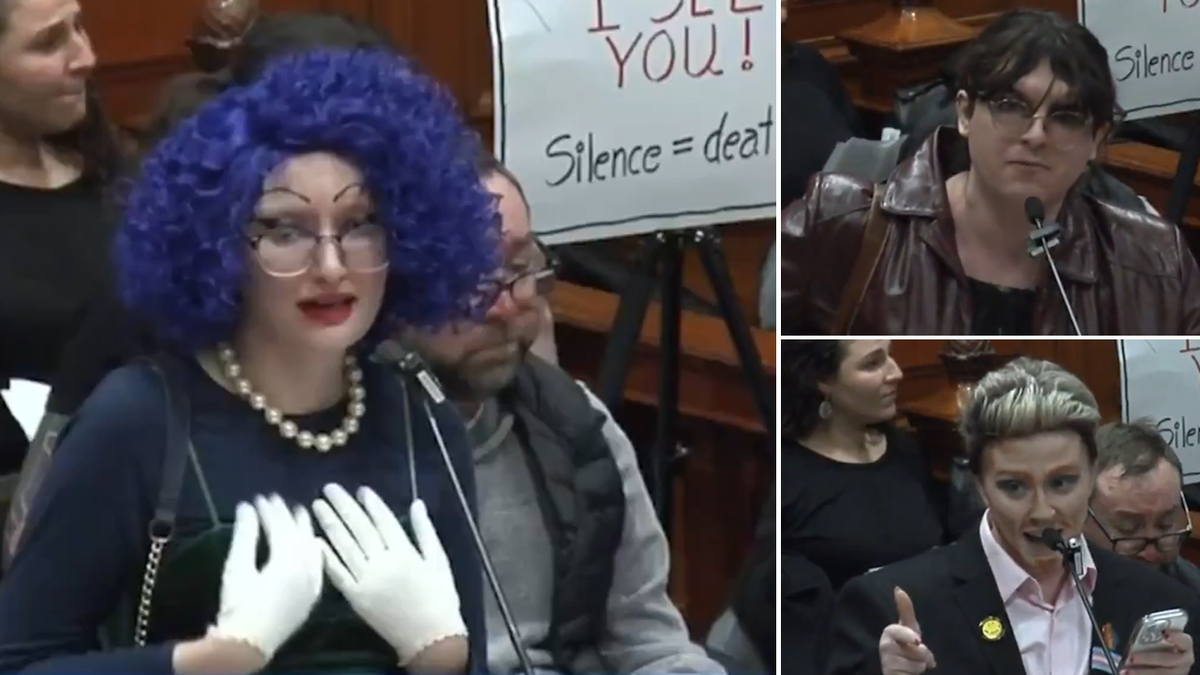Former Representative Tulsi Gabbard is working to address senators' concerns regarding her nomination for Director of National Intelligence (DNI). In a recent opinion piece, she explains her nuanced position on Edward Snowden, clarifying why she hesitated to label him a "traitor." While acknowledging the harm Snowden's actions caused to national security, Gabbard also highlighted his role in exposing unconstitutional surveillance programs targeting American citizens.
During her confirmation hearing, Gabbard's refusal to condemn Snowden outright raised eyebrows among some Republicans. She reiterated her belief that Snowden should have used established channels to voice his concerns, rather than leaking classified information. However, she also defended her past actions, including introducing legislation with former Rep. Matt Gaetz (R-Fla.) to drop charges against Snowden and bolster whistleblower protections.

Gabbard's evolving stance on Snowden has been a focal point of her confirmation process. Her earlier comments on Joe Rogan's podcast in 2019, where she praised Snowden for revealing the NSA's surveillance practices, contrast with her more recent, measured statements.
If confirmed as DNI, Gabbard pledges to create a direct hotline for whistleblowers while also ensuring accountability for those who leak classified information outside authorized channels. She also plans to implement reforms to prevent illegal intelligence gathering and improve security clearance procedures. Addressing past intelligence failures, like the Iraq War, is another priority for Gabbard, who emphasizes the need to prevent future missteps with devastating consequences.

Gabbard's confirmation hearing also touched on other controversial aspects of her record, including past meetings with Syrian President Bashar al-Assad and her stance on Russia. While she has secured the support of some key Republicans, including Sen. Todd Young (R-Ind.) after receiving written assurances, she still faces opposition from others. Gaining the support of every Republican on the committee appears crucial for her nomination, given the lack of expressed support from Democratic senators.









